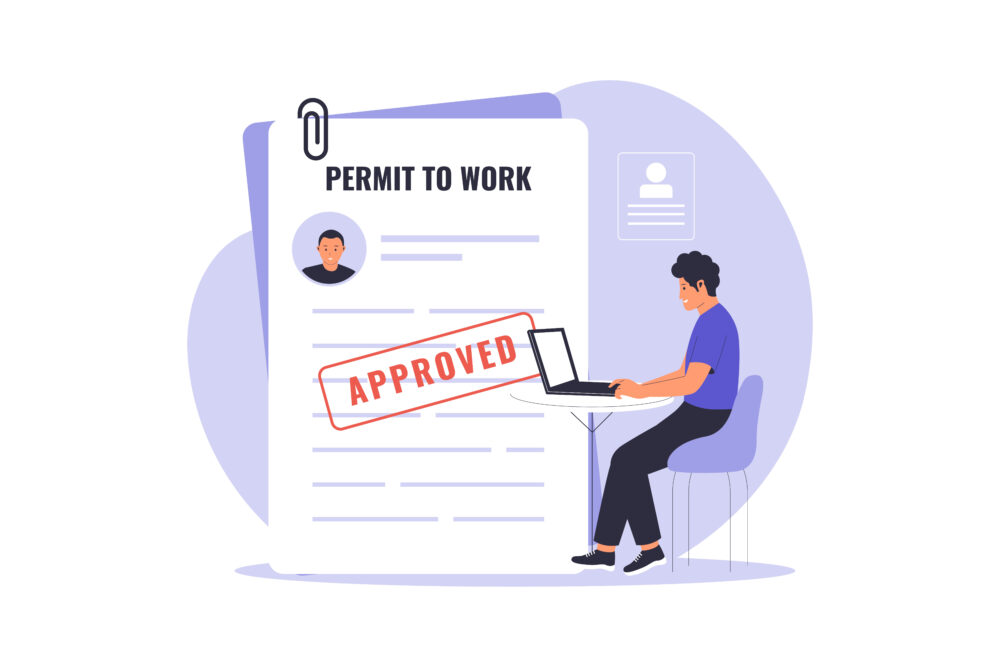Labor Code 2019 defines Employees as individuals who work for employers under a labor agreement, receive wages, and are subject to the management, administration, and supervision of the Employers. The minimum working age for Employees is 15 years old,(1) except in certain cases where Employers are permitted to employ those under the age of 15. However, the law sets only the minimum working age and does not prescribe a maximum working age for Employees. In other words, Elderly Employees are still eligible to participate in employment relationships with Employers and are entitled to benefits during their work.
Nevertheless, due to age-specific characteristics and health conditions, labor laws provide special regulations to ensure that Elderly Employees work in suitable environments and enjoy appropriate benefits. This article analyzes several legal regulations concerning Elderly Employees under the Labor Code 2019 and relevant laws.
1. Definition of elderly employees under labor laws
Article 148 of the Labor Code 2019 defines elderly Employees as those who continue to work beyond the retirement age.
According to Clause 2 of Article 169 of the Labor Code 2019, the retirement age for Employees working under normal conditions is gradually adjusted, reaching 62 years for male Employees in 2028 and 60 years for female Employees in 2035.
Starting from 2021, the retirement age under normal working conditions is 60 years and 3 months for male Employees and 55 years and 4 months for female Employees. Each year thereafter, the retirement age increases by 3 months for male Employees and 4 months for female Employees.
As of 2025, the retirement age under normal working conditions will be 61 years and 3 months for male Employees and 56 years and 8 months for female Employees.
See more: Notable issues when recruiting foreign elderly workers
2. Rights of Elderly Employees in employment relationships with employers
2.1 Regarding the conclusion of labor contracts with Employers
In principle, labor contracts between Employees and Employers must be based on voluntary agreement, goodwill, equality, cooperation, and mutual respect for legitimate rights and interests. For Elderly Employees, the following rights are specifically recognized:(2)
- The right to negotiate with Employers to reduce daily working hours or apply part-time working arrangements.
- The right to negotiate multiple fixed-term labor contracts with Employers.
2.2 Regarding benefits and welfare for Elderly Employees
- Elderly Employees who are receiving pensions under the provisions of the Law on Social Insurance and work under a new labor contract are entitled to wages and other benefits as stipulated by law and their labor contract, in addition to their pension benefits.(3)
- Mandatory social insurance, health insurance, and unemployment insurance participation by Employers
- Mandatory social insurance:
According to Clause 1 of Article 2 of the Law on Social Insurance 2014, individuals working under indefinite-term labor contracts, fixed-term labor contracts, seasonal contracts, or contracts for specific tasks with durations from 3 months to less than 12 months, as well as contracts from 1 month to less than 3 months, are required to participate in mandatory social insurance if they are Vietnamese citizens. The law does not impose an age limit for participation, meaning the Elderly Employees are still subject to mandatory social insurance.
- Health insurance:
As stated in Clause 1 of Article 12 of the Law on Health Insurance, participants include: “Employees working under indefinite-term labor contracts or fixed-term contracts of 3 months or more….” There are no specific provisions exempting Elderly Employees from participating. Therefore, if Elderly Employees sign labor contracts with a duration of 3 months or more, they are entitled to health insurance benefits under the law.
- Unemployment insurance:
Under Article 43 of Employment Law 2013, Vietnamese citizens aged 15 or older must participate in unemployment insurance when working under labor contracts or agreements. However, Employees who are receiving pensions are exempt from unemployment insurance.(4)
Therefore, if Elderly Employees are not receiving pensions under the law on social insurance, Employers are responsible for enrolling them in unemployment insurance.
- Access to other benefits and welfare: Elderly Employees may also enjoy additional benefits and welfare regimes based on the internal policies and provisions set by the Employers.
In addition, from the employer’s perspective, should pay attention to the following when employing elderly employees
- Employers are encouraged by the State to employ Elderly Employees in positions suitable for their health to ensure labor rights and optimize human resource utilization.
- Employers are prohibited from assigning Elderly Employees to heavy, hazardous, or dangerous work, or jobs with particularly adverse conditions, unless safety and health conditions are ensured.
- Employers must take care of the health of Elderly Employees in the workplace, providing necessary support and adjustments to accommodate their needs.(5)
(1) Clause 1 of Article 3 of Labor Code 2019.
(2) Clause 2 and Clause 3 of Article 148 of Labor Code 2019.
(3) Clause 2 of Article 149 of Labor Code 2019.
(4) Clause 2 of Article 43 of Law on Employment 2013.
(5) Article 149 of Labor Code 2019.
Disclaimers:
This article is for general information purposes only and is not intended to provide any legal advice for any particular case. The legal provisions referenced in the content are in effect at the time of publication but may have expired at the time you read the content. We therefore advise that you always consult a professional consultant before applying any content.
For issues related to the content or intellectual property rights of the article, please email cs@apolatlegal.vn.
Apolat Legal is a law firm in Vietnam with experience and capacity to provide consulting services related to Employment and contact our team of lawyers in Vietnam via email info@apolatlegal.com.





































